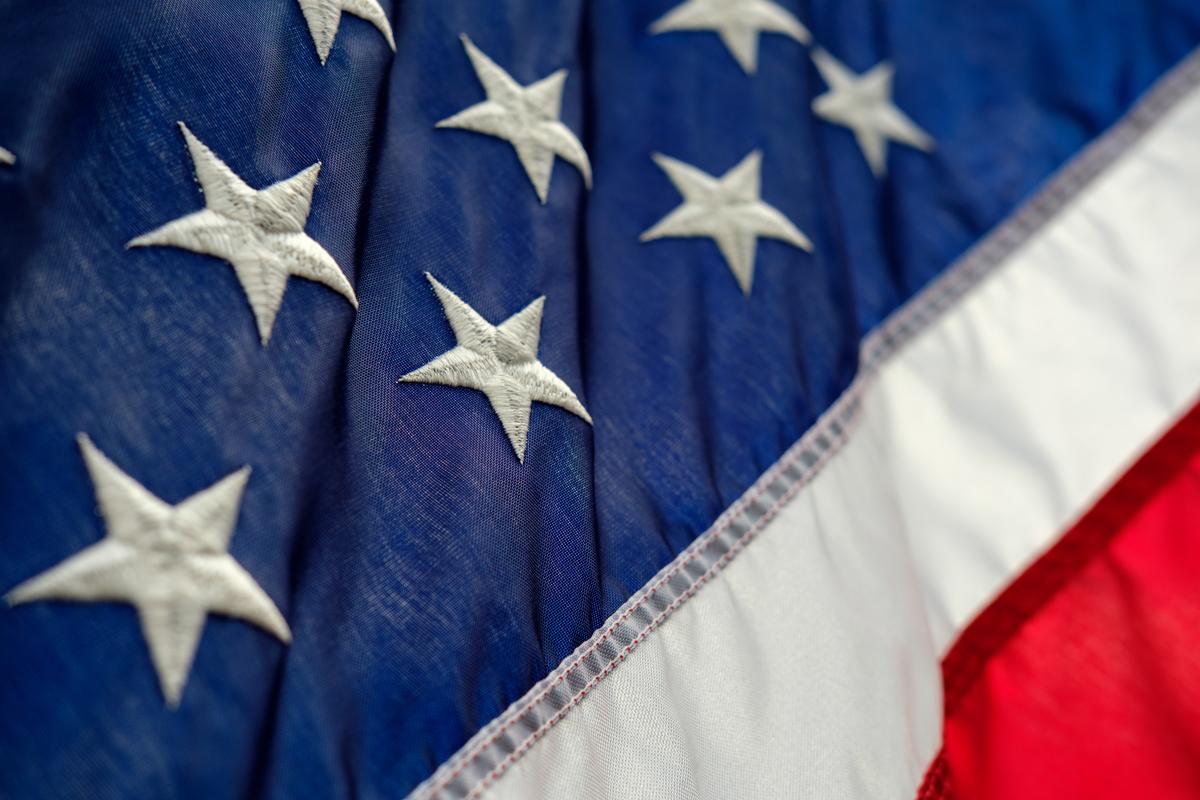This year we commemorate 100 years since the end of World War I, an annual observance which we now know as Veterans Day. WWI was to be “the war to end all wars,” but that’s proved to be far from the case. My father, Dan Edelman, was a veteran of WWII, and Edelman employees across our network, along with their family members, have served in Korea, Vietnam, the Cold War, Desert Storm and other conflicts in the century since. Today we are on our second decade of the wars in Iraq and Afghanistan, with a new generation of veterans returning to join the civilian workforce.
Fortunately, the veteran nonprofit community, private sector and the U.S. government are focusing on employment and job skills programs to help smooth the transition from military to civilian careers. Our 2018 Veterans Well-being Survey shows apprenticeships and internships are a desired and mutually beneficial way to close the skills gap for the men and women who have honorably served. Most veterans remain interested in internships or apprenticeships after leaving the military, and employers believe their organizations would benefit from such programs.
Our research also reveals veterans and employers are aligned on the types of internships and apprenticeships veterans should pursue, particularly those in the information technology sector and in skilled trades. Employers expect veterans to obtain both soft and technical skills needed specifically for their industries, including communications marketing and consultancy.
Unfortunately, some challenges remain. Employers continue to view veterans as heroes rather than as average citizens or strategic assets. We also found a majority (52 percent) of human resource professionals report having trouble finding a veteran candidate with the right skills. This data point reflects misperceptions in the HR process across industries, resulting in a disconnect between veteran talent acquisition and job offers.
A key area to address in closing the veteran hiring gap is the “frozen middle” – the hiring managers who do not understand the value of veterans and military spouses. While the majority of firms, recruiters and C-suite leaders are actively seeking to recruit the valuable and diverse talent pipeline of veterans and military spouses, hiring managers tend to hire candidates with traditional career experiences and often favor a familiar candidate profile over a qualified veteran or military spouse.
By engaging hiring managers in corporate internship and apprenticeship programs, I believe we can close the hiring gap and melt the “frozen middle” to help our company and other employers access veteran and military spouse talent. Edelman has worked to make these kinds of strategic moves by partnering with the U.S. Chamber of Commerce Foundation’s Hiring Our Heroes Corporate Fellowship Program and hosting fellows across our network. We also work with Student Veterans of America to find new veteran talent at colleges and universities nationwide.
Service members are known for their remarkable productivity, leadership, industriousness and innovative thinking. By pairing these valued traits with the right training and right path to a post-military career, employers and our nation can again benefit from one of our greatest assets — the American veteran worker.
John Edelman is managing director, Global Engagement and Corporate Responsibility.




